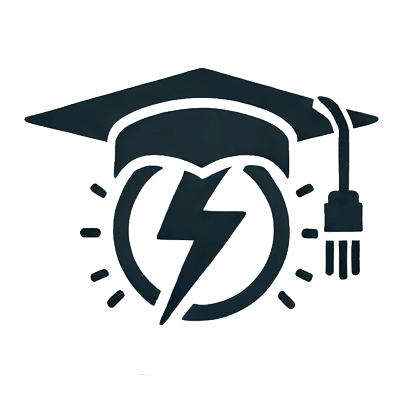
Revolutionizing
Education

Becoming Your
Child's Best Teacher

The Fundamental Principles
for Teaching Children

Subjects We Need
to Teach Our Children

Sharing Lessons
Effectively Among Parents

The True Meaning of
The Education Revolution

Share Your Ideas

Read a visionary story: A Path to a New Era of Growth, Freedom, and Collective Wisdom.
Click above to listen to the text
Revolutionizing Education

The current education system often feels outdated, still rooted in the early Industrial Revolution era. Classrooms filled with rows of students resemble factories more than places of learning, with one teacher expected to instruct 15 to 40 students. Teachers, pressured to adhere to rigid curriculums, struggle to ignite curiosity in their students. The entire system appears to be more focused on molding individuals to serve as components of society, rather than prioritizing students’ welfare and personal growth. Instead of fostering creativity and critical thinking, the emphasis remains on rote memorization and standardized testing. As a result, parents now entrust their children to an education system that prioritizes grades, tests, and conformity, often neglecting the unique qualities of each child. What if education broke free from the old mechanisms of governmental and industrial viewpoints and embraced an entirely new paradigm? In this new approach, the welfare, needs, and abilities of children take precedence, surpassing the demands of the economy and government expectations. This education system will be reimagined from the ground up, focusing on the holistic development of each child. It will be shaped by the aspirations of parents who aim to provide their children with the best starting point to be capable and free-thinking individuals.
This new approach to education involves creating an entirely new foundation and infrastructure, with a comprehensive set of tools and information. The primary goal is to provide parents and tutors with the essential tools to teach children everywhere, ensuring that everyone has the capability to start teaching immediately with ready-to-use plans. By decentralizing education, it removes the barriers imposed by traditional schooling systems and places the power of learning in the hands of those who know the children best—their parents. This approach is perfect for parents who wish to educate their own children, organized parents who take turns teaching small groups of up to five children, and even individuals who can be hired to serve as tutors for a group of children.
In this new system, homework is a thing of the past. Learning becomes an integral and engaging part of daily life, with practice and testing seamlessly woven into the educational process. Personal projects, tailored to each child’s interests and strengths, play a crucial role in their development. These projects provide hands-on experience, fostering confidence and a sense of achievement. Children learn by doing, creating, and exploring, which not only enhances their knowledge but also builds their self-esteem and belief in their abilities.
Providing the opportunity for everyone to educate children by supplying well-defined programs and detailed guidelines empowers the entire population to teach their children. Limiting class size to five children allows for direct and personalized attention, ensuring that each child’s educational development is addressed in real-time. This approach ensures that children truly understand the material, preventing fundamental mistakes, that often overlook in the traditional system with 15 to 40 students per class. In this new model, education is more interactive and tailored to individual needs, fostering a deeper understanding and mastery of subjects.
In summary: We envision a future focused on empowering individuals, instead of allowing the economic forces and government policies to dictate our lives. By equipping children with the tools they need from a young age, we can foster capability, self-confidence, and independence. Moreover, education should also emphasize values such as compassion, consideration for others, and the importance of collective needs. This approach ensures that individuals grow up not only skilled and confident but also empathetic and community-minded, creating a more harmonious and innovative society.
